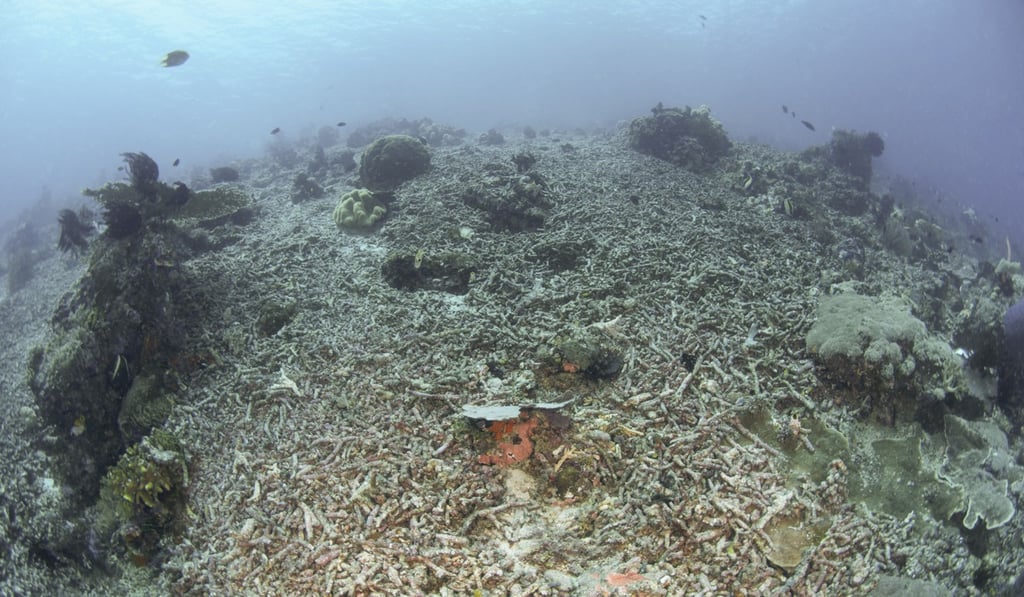Advertisement
International school pupils organise marine conservation summit in Hong Kong to engage their generation
- Canadian International School of Hong Kong trio set up two-day summit this weekend to raise awareness of the need to safeguard oceans and marine life
- The teenagers hope to inspire their peers to consider a career in conservation. ‘It’s our future. We’re the ones who have to care the most about it,’ one says
Reading Time:2 minutes
Why you can trust SCMP

While many of their peers kick back and relax during their summer break, a group of students from Canadian International School of Hong Kong are organising a two-day event to raise awareness of ocean conservation.
Advertisement
Samantha Sharp and Delfina Wentzel Bermudez, both 16, and Micaela Forcione, 17, have put together the Asia Youth Oceans Conservation Summit, designed to engage young Hongkongers in marine conservation.
The summit this weekend is aimed at school pupils, though its organisers say anyone can attend as long as they register online beforehand. The first day will consist of talks, group-based brainstorming, careers advice and presentations, while the second day will feature a visit to Hoi Ha Wan Marine Park, a protected bay in Sai Kung, in Hong Kong’s New Territories, for a day of hands-on sessions with marine scientists.
It was during a family holiday to the Philippines last year that Sharp, who is half Filipino, half British, was alerted to the problems faced by the world’s oceans. “I noticed that the coral bed, which I’d grown up knowing, had all been blown up by dynamite fishing. It just looked like a completely different spot,” she says.

Advertisement
Dynamite fishing – a controversial practice in which explosives are detonated underwater to kill large numbers of fish – is not an issue in Hong Kong. But there are a number of conservation issues affecting the seas around Hong Kong, such as the narrowing of Victoria Harbour due to land reclamation, algal blooms that suffocate sea life, a heavily threatened population of Chinese pink dolphins, and widespread plastic pollution.

Advertisement